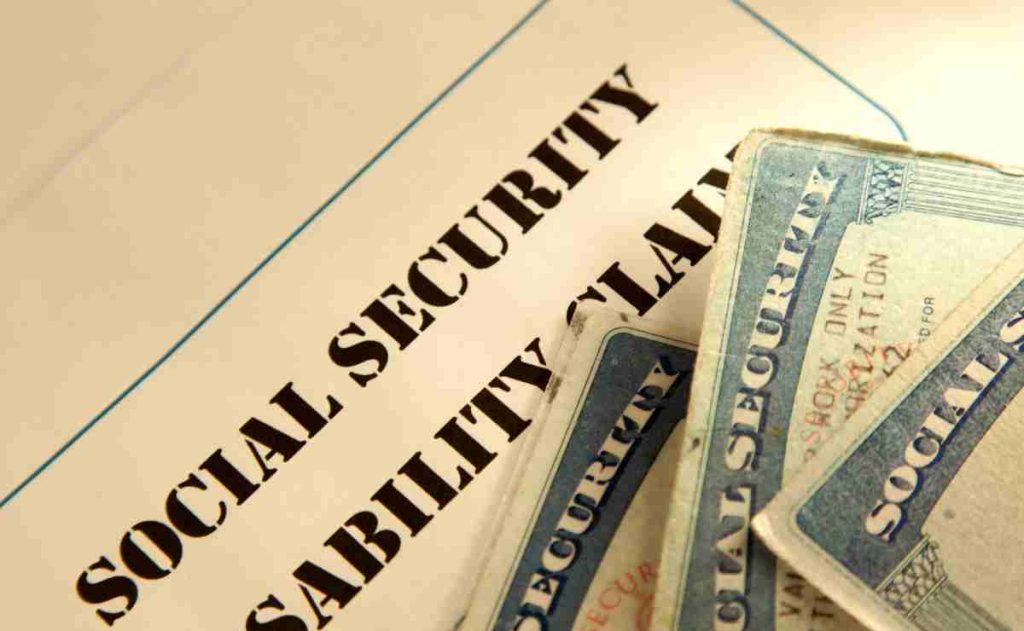The Social Security retirement system is once again in the spotlight this November, as millions of seniors face confusion about when their next check will arrive. For many retirees depending on those monthly deposits, the uncertainty is starting to feel like a second job — tracking dates, rules, and exceptions that seem to change every few weeks.
While the payments themselves are still arriving, the lack of consistency is what’s frustrating people most. What used to be a predictable rhythm has turned into a complex schedule where timing depends on when you were born, when you applied, and what kind of benefit you receive.
Social Security payments in November 2025
For November, regular retirement and disability benefits are being sent out in three rounds: on November 12 for people whose birthdays fall between the 1st and 10th, November 19 for those born between the 11th and 20th, and November 26 for anyone born after the 21st.
Recipients who began getting their benefits before May 1997 or who receive both Social Security and SSI are paid earlier, on November 3. Meanwhile, SSI beneficiaries will not get a payment this November because their November check was advanced to October 31, since November 1 lands on a Saturday.
Why retirees are frustrated
It’s not that payments are late it’s that they’re uneven. Having two checks in one month and none in the next throws off the budgets of millions who depend on Social Security as their primary source of income. For people on fixed benefits, even a few days’ difference can mean missing a rent or utility payment.
The calendar-based system also feels random to many. Linking payment dates to birthdays might sound simple on paper, but in practice it’s confusing and creates waves of questions each month.
What happens during a shutdown
Even though the federal government continues to face funding uncertainty, Social Security benefits are protected and will still be sent. However, other services like in-person appointments or help with account issues could experience delays or reduced hours. That means if a payment doesn’t arrive when expected, getting answers might take longer than usual.
The next cost-of-living adjustment, set for early 2026, will raise both Social Security and SSI benefits by 2.8%. Direct deposit remains the preferred method for payments, with paper checks slowly being phased out nationwide.
Still, retirees are encouraged to double-check their payment method, verify account details, and mark their calendars in advance. It may not fix the system’s quirks, but it can at least reduce the stress of wondering when the next check will hit the bank.
In the end, the problem isn’t that the Social Security retirement system is failing it’s that it’s built around rules that make life harder for the people it’s supposed to protect. For many, retirement should be the end of deadlines, not another reminder to watch the calendar.
